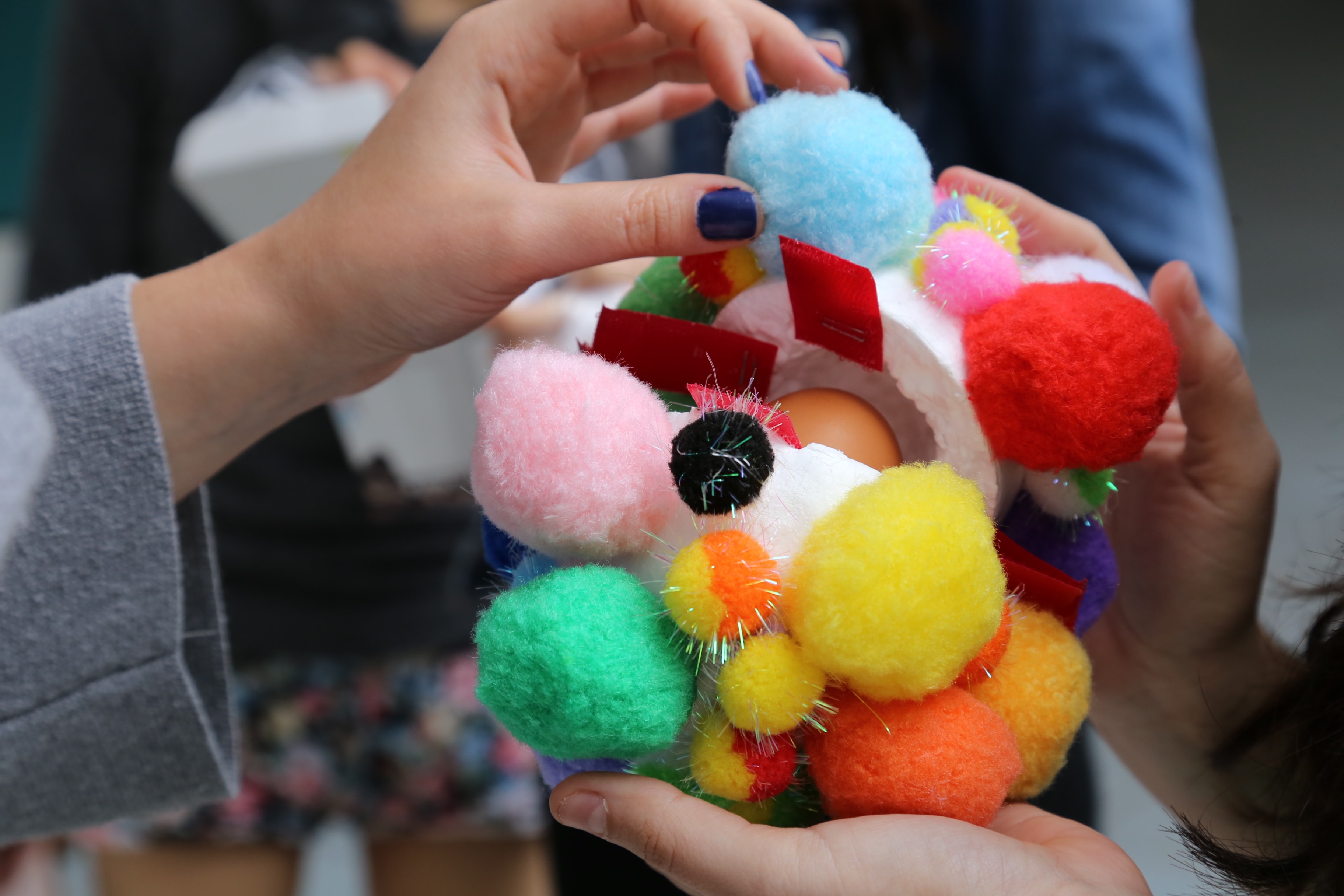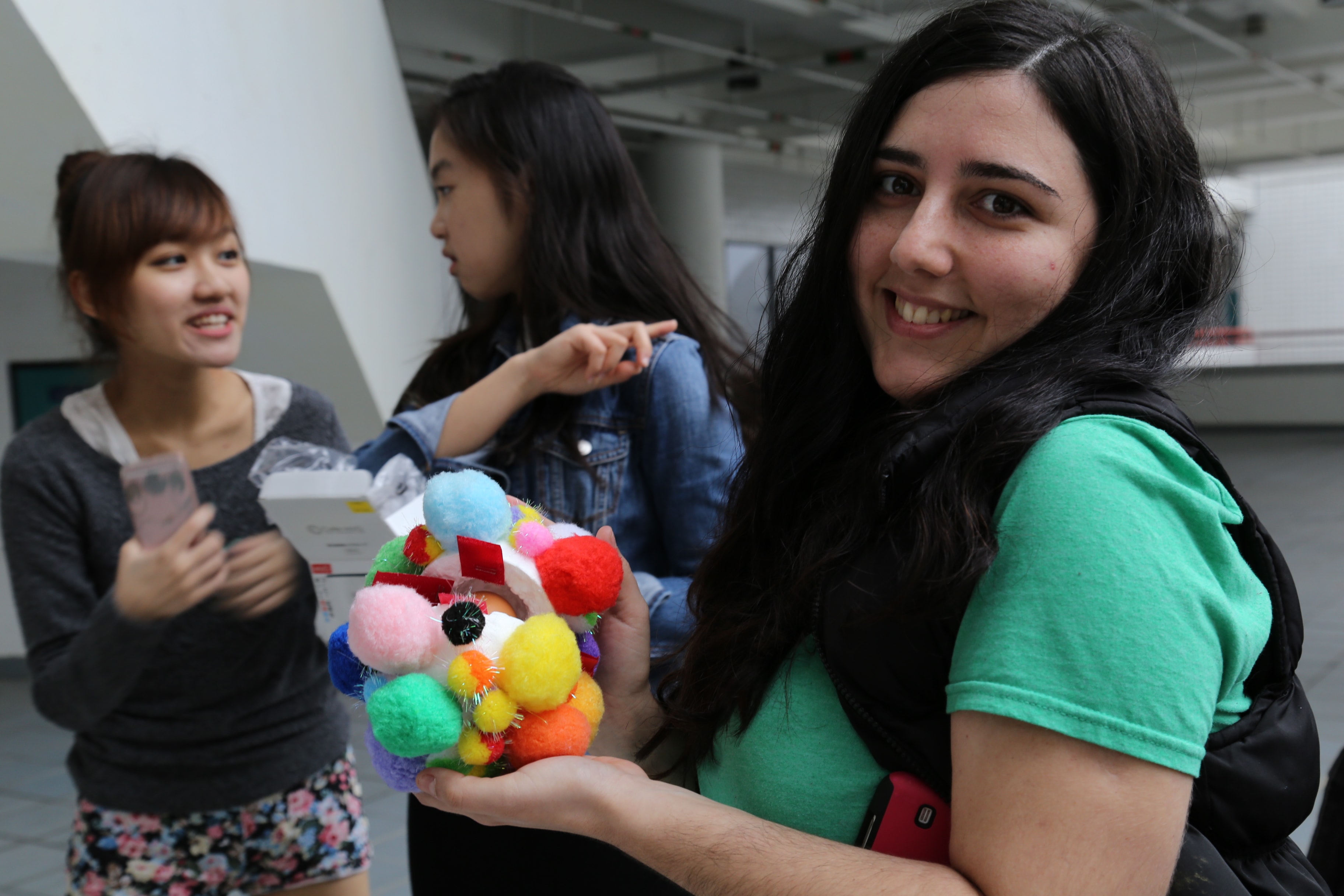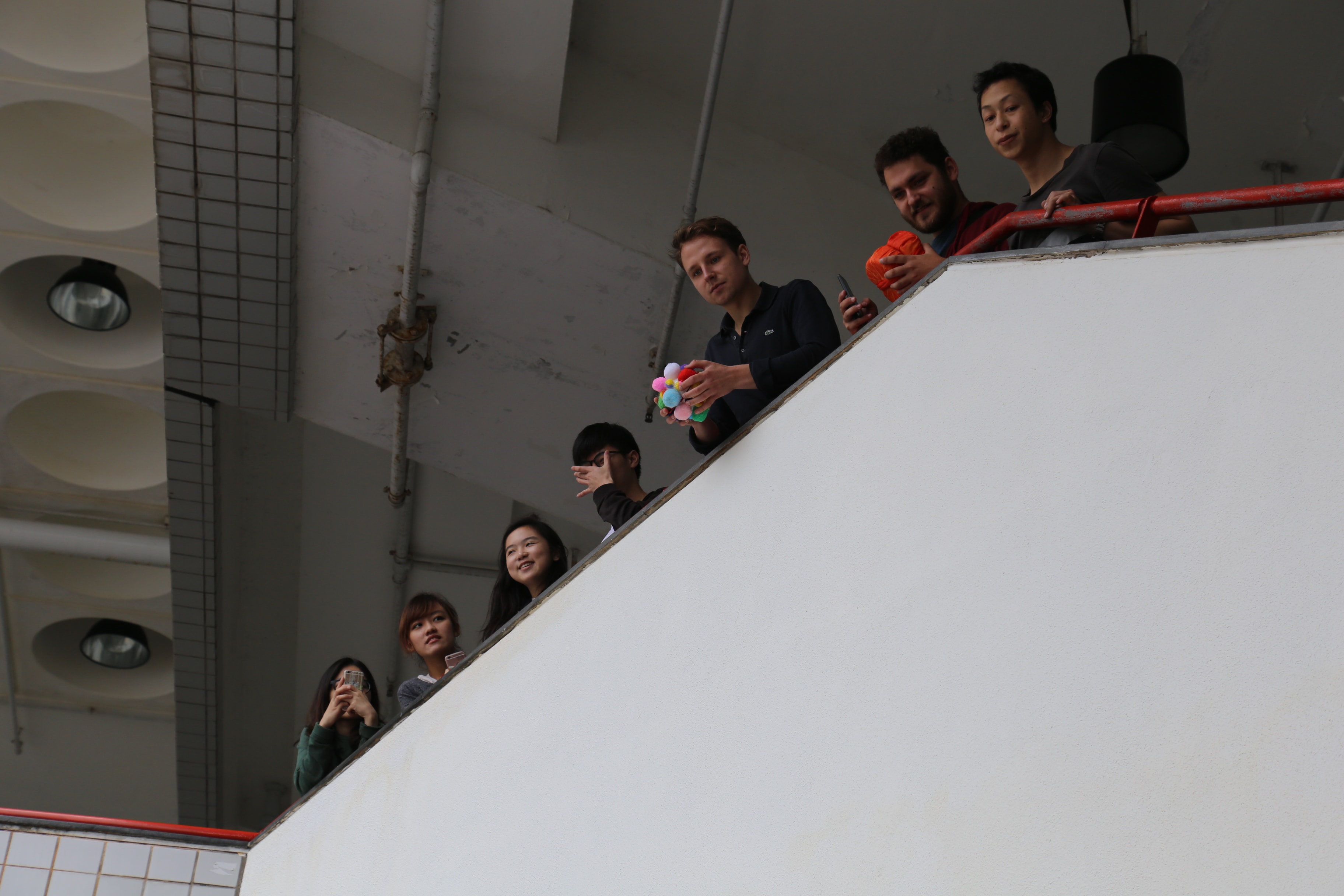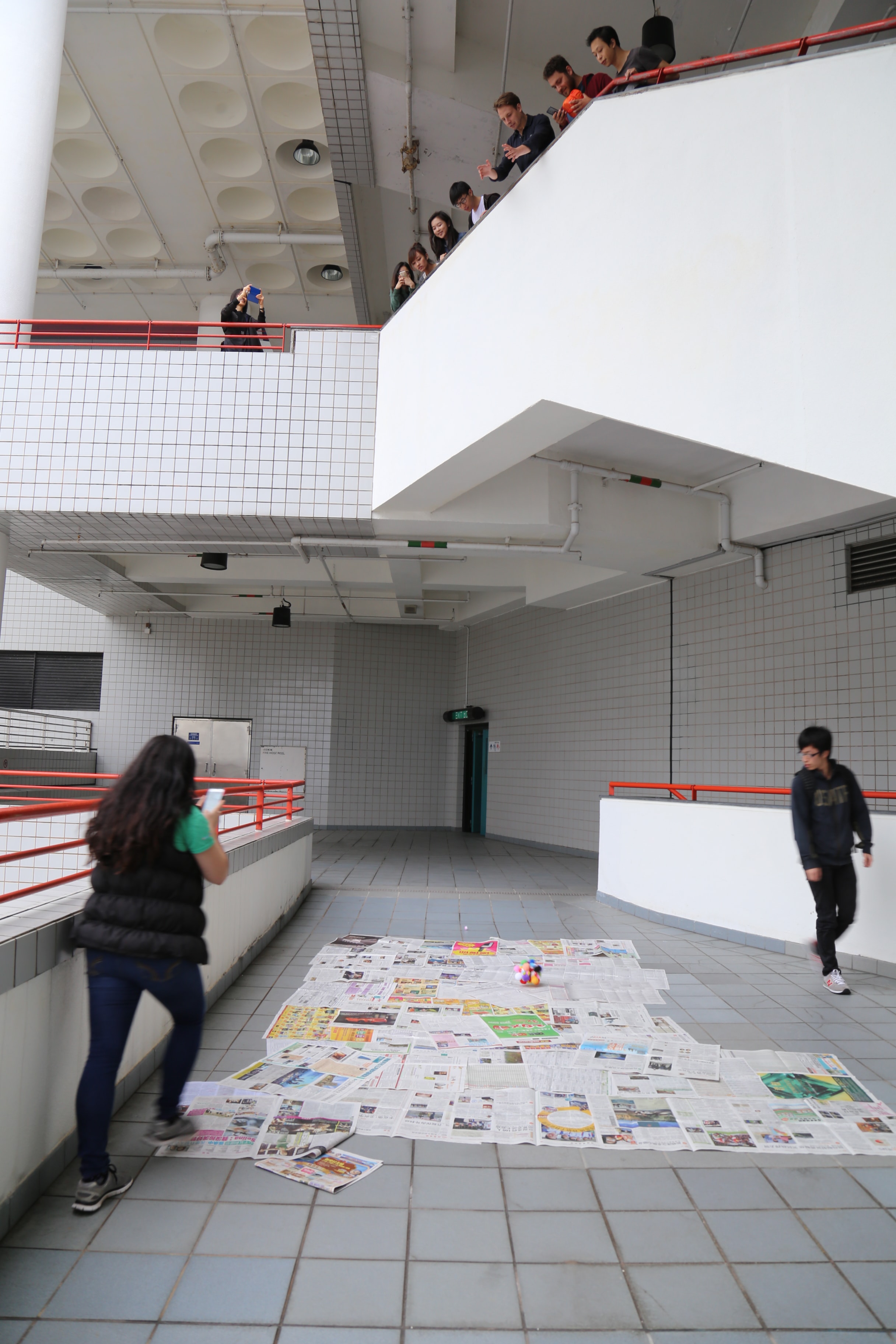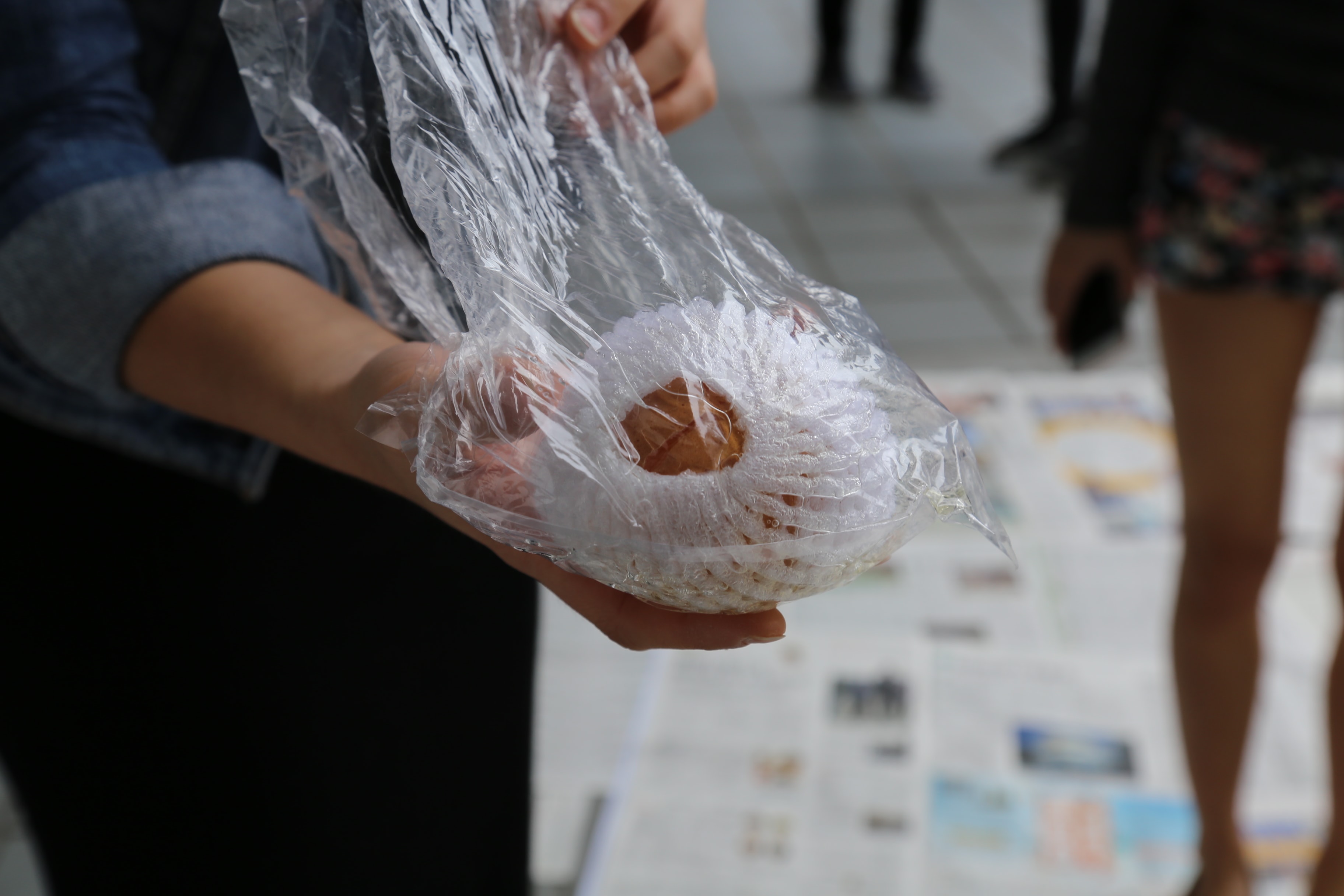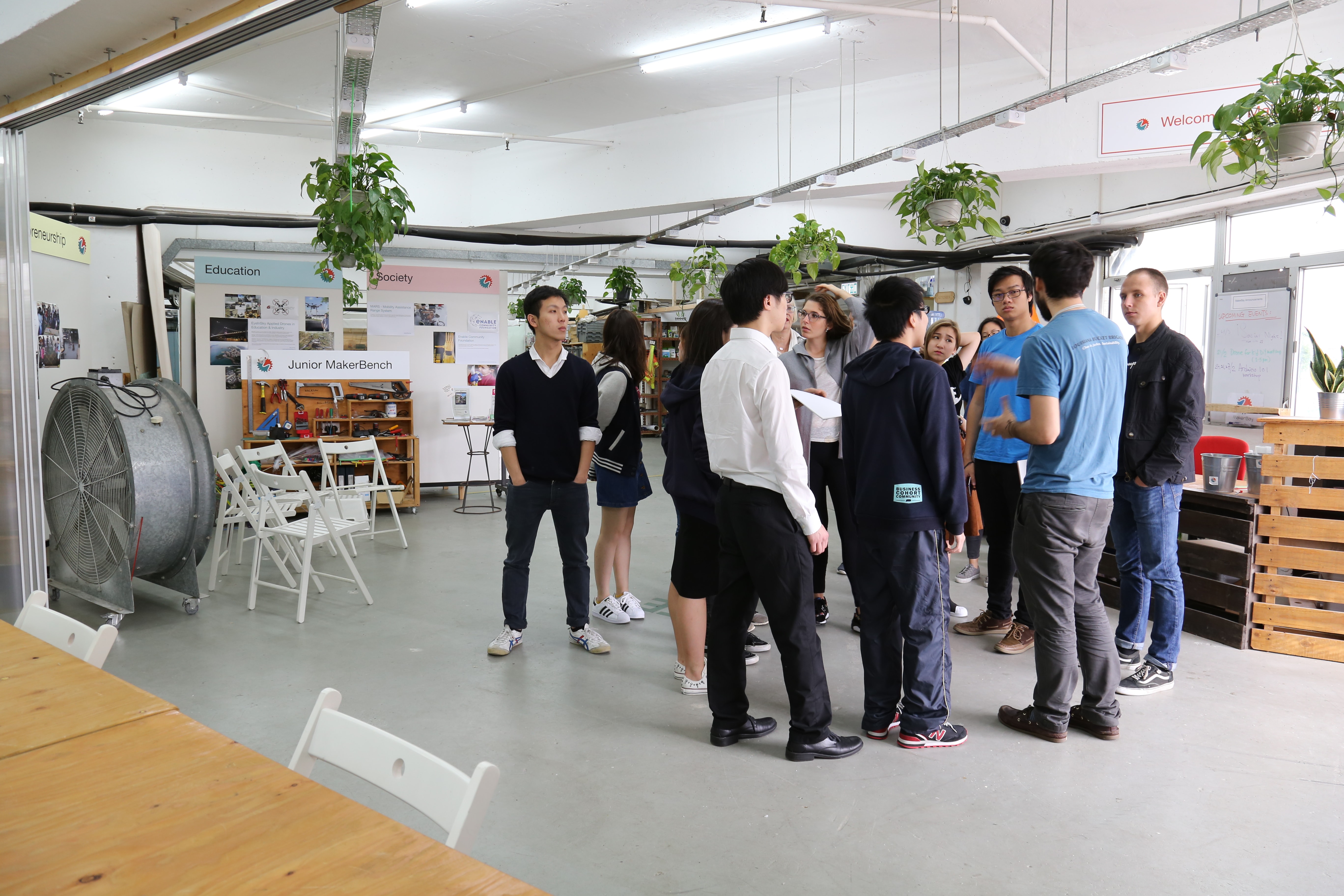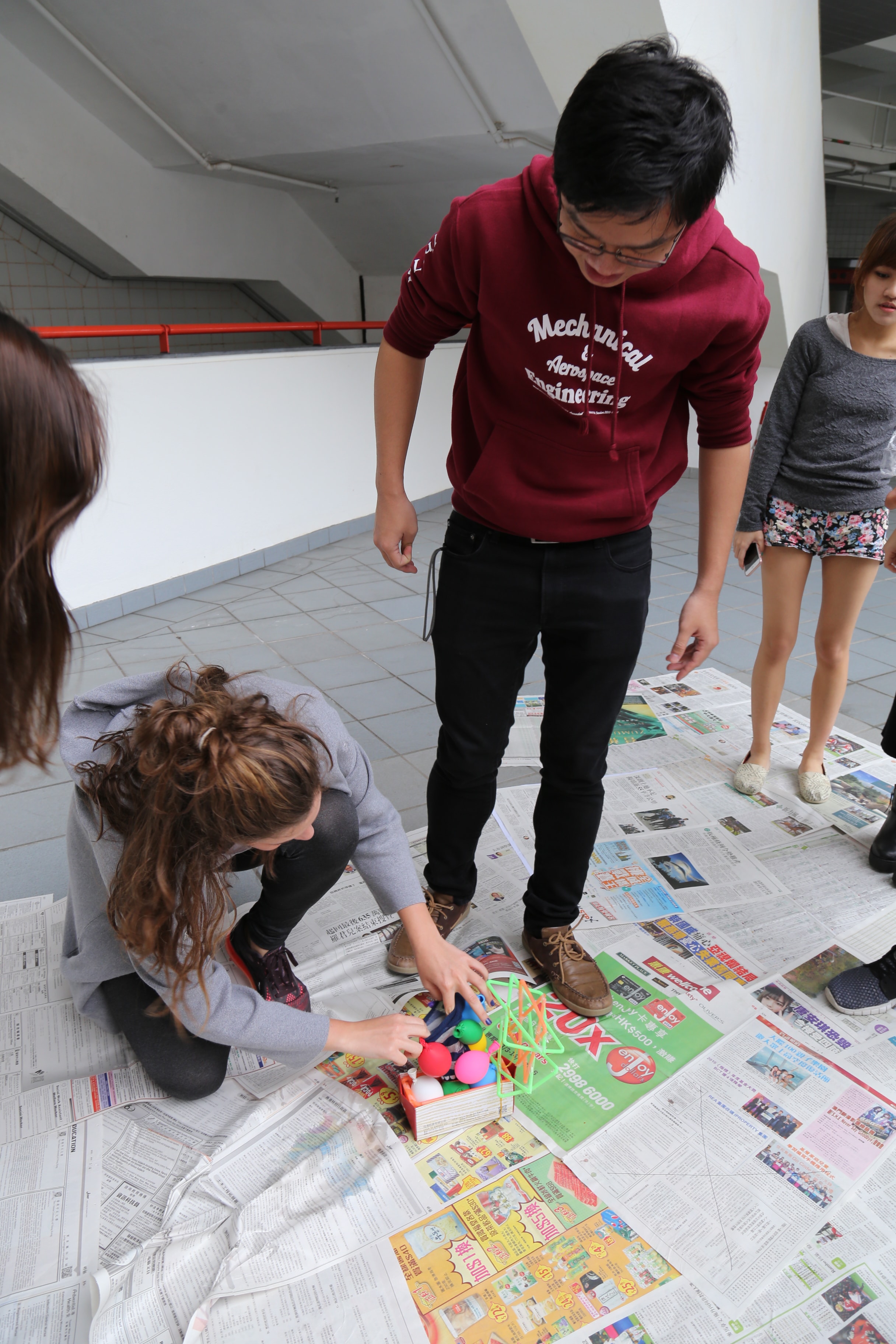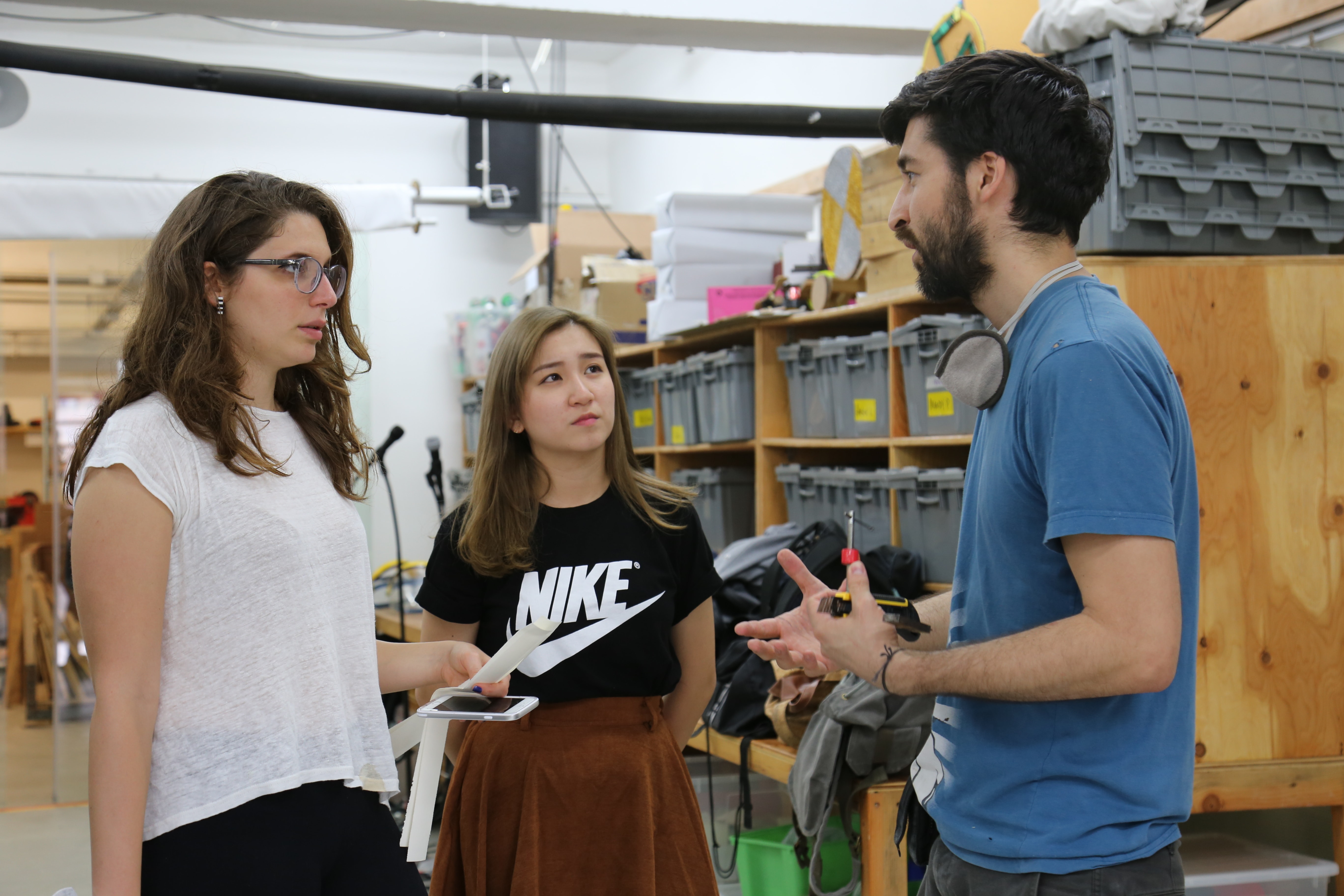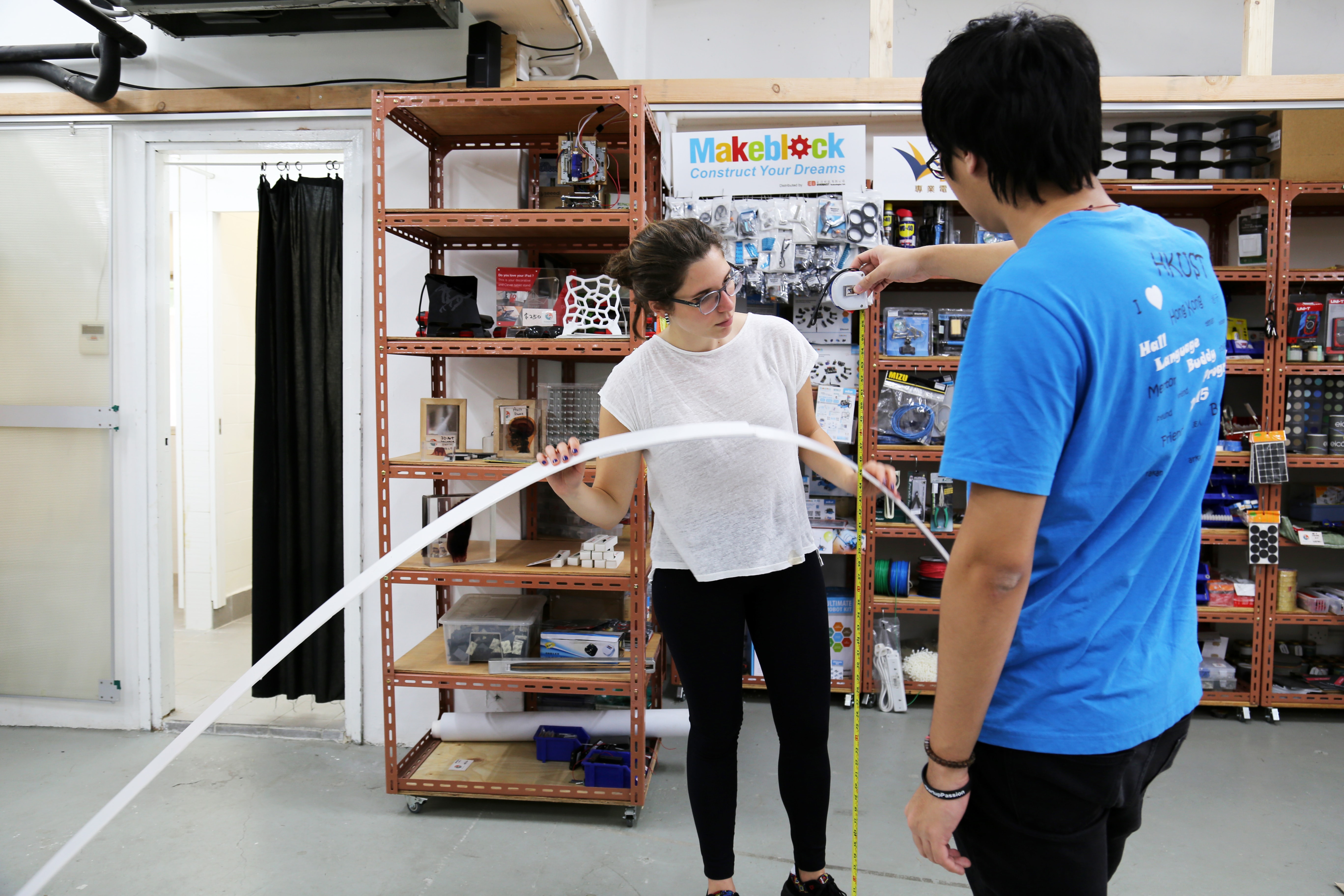2015-16 Spring
(HART 1001)
2 Credits | Can be used to fulfill Common Core Requirement (Core Elective: Arts Area)
Teaching Medium: English
Course Description
An experiential learning course designed to engage students in exploring arts and their own creative abilities through a series of lectures/seminars on arts and creativity, art tutorials and enrichment activities. Students will have the opportunities to create their own artwork and learn through guided reflective activities individually as well as in groups.
- Apply the theory of creativity and the creative tools and process in relation to visual expression, creation and execution
- Master at fundamental level an art skill
- Demonstrate reflective ability in the understanding and appreciation of creative works
Lesson 1-3: Developing Ideational Fluency
Lesson 4: Getting Rid of Assumptions
Lesson 5: Recording and Reflecting
Lesson 6: Restating Problems
Lesson 7-8: Overcoming Mindsets
Lesson 9: Practical Testing
Lesson 10: Design Research
Lesson 11-12: Introduction to Product Design
Lesson 13: Design Research
Lesson 14 – 23: Design Process: Discover, Define, Develop and Deliver
Lesson 24: Project Presentation
- Fung, A., Lo, A. and Rao, M.N. (2005). Creative Tools. Hong Kong: School of Design, The Hong Kong Polytechnic University.
- Rams, D. (2011). As Little Design as Possible. London: Phaidon.
- Arden, P. (2006). Whatever You Think, Think the Opposite. London: Penguin Books Ltd
- De Bono, E. (1992). Serious Creativity. New York: Harper Business
- Oech, R. (1990). A Whack on the Side of the Head. New York: Warner Books Inc
- Treffinger, D.J., Isaksen, S.G. and Dorval, B.K. (2000). Creative Problem Solving: An Introduction (3rd ed.). New Jersey: Prutrock Press Inc
- Edwards, B. (2001). The New Drawing on the Right Side of the Brain. New York: Harper Collins
- Chipchase, J. (2013). Hidden in Plain Sight: How to Create Extraordinary Products for Tomorrow's Customers. New York: Harper Collins
- Lefteri, C. (2007). Manufacturing Techniques for Product Design. London:Lawrence King Publishing
- Norman, D. (1998). The Design of Everyday Things. Massachusetts: MIT Press
- Berger, S. and Hawthorne, G. (2005). ReadyMade - How to Make (Almost) Everything. London: Thames and Hudson
E-resources
- Brain Dominance Test: www.ipn.at/ipn.asp?BHX
- David Kelley: How to Build Your Creative Confidence: www.youtube.com/watch?v=16p9YRFOl-g
- www.ted.com/topics/creativity
- Tim Brown: Tales of Creativity and Play: http://new.ted.com/talks/tim brown on creativity and play
- Jan Chipchase: www.ted.com/talks/jan_chipchase_on_our_mobile_phones?language=en
- David Kelley: http://www.ted.com/talks/david_kelley_on_human_centered_design
- Ives Behar: http://www.ted.com/talks/yves_behar_on_designing_objects_that_tell_stories
- Playlist: http://www.ted.com/playlists/80/design_of_useful_things
- Index Awards: http://designtoimprovelife.dk/past-winners-finalists/
Enrolment Details
Course Registration : 04-04 Oct 2024Add/Drop : 04-04 Oct 2024
Instructor
Alice LO
Philine BRACHT
Assessment
| Lablog on Creativity Exercises | 40% |
| Product Design Work | 30% |
| Product Design Process Book | 10% |
| Class Participation, and Contribution to Discussions and Critiques | 20% |

